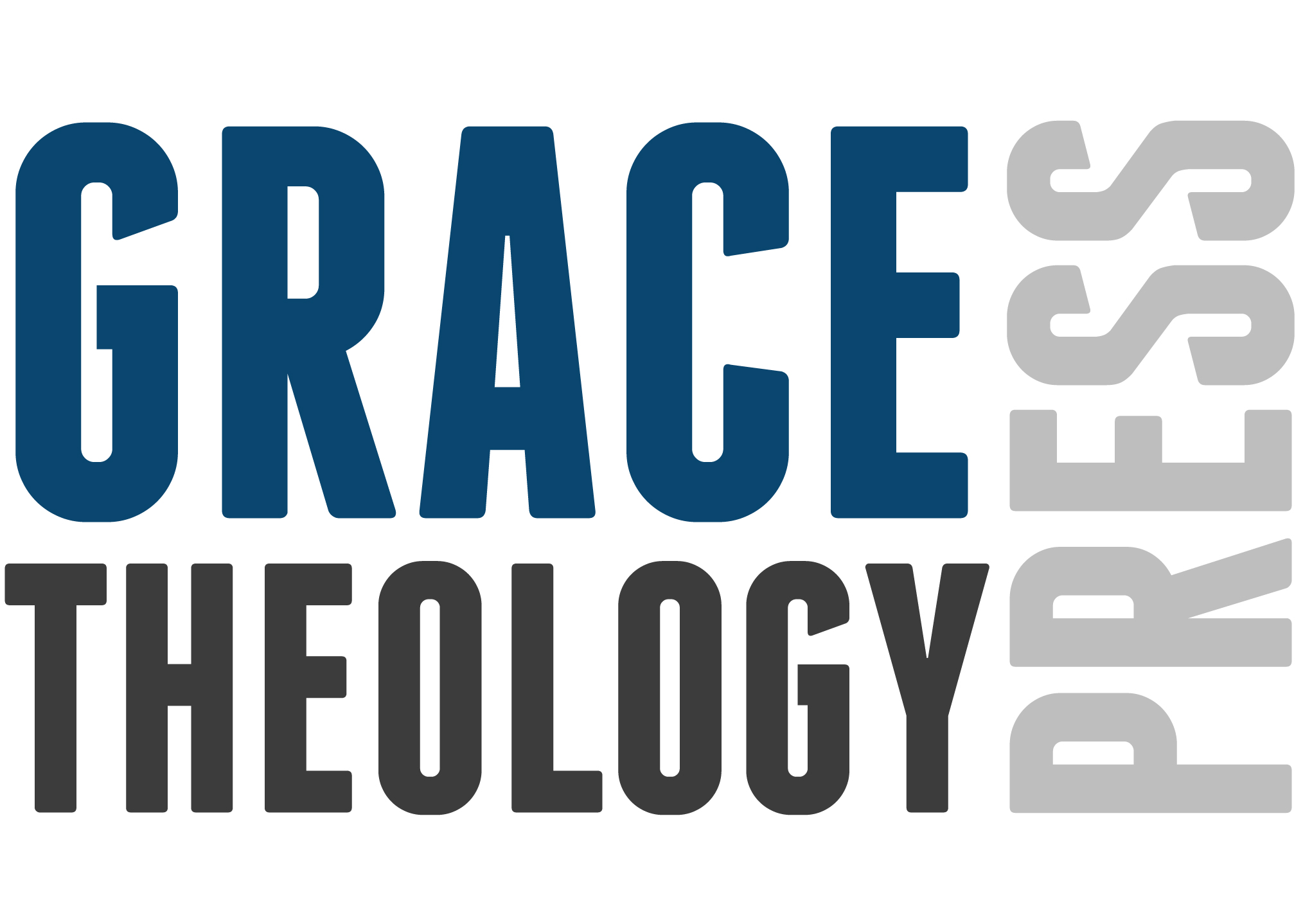
Editorial Note from Dr. Fred Chay: One of the purposes of Grace Theology Press is to provide fresh resources concerning grace theology to the church. This week we highlight a new resource from a veteran author and choice servant of the Lord, Dr. Charlie Bing. For the past 30 years, Charlie has provided leadership and resources for those of us who hold to grace theology. We are pleased to have published his latest book and hope you enjoy our interview with him.
GraceLife Ministries Founder and Director Charles Bing earned his Th.M. and Ph.D. from Dallas Theological Seminary. Dr. Bing pastored Burleson Bible Church in Texas for 19 years before transitioning to GraceLife full-time in 2005. He has served as Adjunct Professor of Biblical Studies for LeTourneau University from 1992-2011 and is a former President of the Free Grace Alliance. He is active as a speaker for churches and conferences in the United States and abroad and has published a number of books and articles on the gospel, salvation, evangelism, and discipleship. Dr. Bing recently partnered with Grace Theology Press to release his book Grace, Salvation and Discipleship: How to Understand Some Difficult Bible Passages.
I’ve read the book and there is a lot very helpful content in it. I thought the appendixes were helpful as well as a very useful summary of the principles of Bible interpretation presented early in the book. Can you give us an example of a passage and how you explain that in an A Truth / B Truth format?
Well, one example might be Matthew 7:15-20 where Matthew talks about false prophets and how to know them. It is in this passage where the statement is made, “By your fruits you will know them.” That passage is often used in the A Truth sense where it is used to assess who is a Christian by what they do. The problem with that is that the context there might lead us to another interpretation that’s not talking about our salvation and how to recognize a Christian, but how to recognize a false prophet. It says that they come to us as wolves in sheep’s clothing. If these false prophets are wearing sheep’s clothing, then obviously they look like Christians in that they are doing what Christians do. The question is, what is their fruit? We look in the context and we continue on to Matthew 12 where we see that the fruit could very well be referring to their words because that is the test of a false prophet in Deuteronomy. The false prophet is confirmed by his teaching. By reviewing the context and comparing it with other Scriptures we see that the passage is not teaching that we can recognize Christians by what they do, but we recognize false prophets by what they teach. This is not necessarily an A Truth but more of a B Truth on how to recognize false prophets.
Now the book is organized sequentially through the New Testament. You have Matthew, Mark, Luke, the Gospel of John; you have a section on Acts, the Epistles of Paul, Hebrews, James, Peter, John and then Revelation. How did you pick the passages you addressed in the book?
I picked the passages first of all because these are the passage that people have questions about when I teach at conferences. Secondly, they’re also the ones that many people with differing theology will often bring up against our view that the gospel of grace is absolutely a free gift. After about 30 years of Bible teaching, I hear the same questions over and over again. I initially began to write GraceNotes to answer these questions, and this book is really an extension of GraceNotes.
What do you want people who buy your book to really get out of it?
First of all, I want them to take away a sincere love and appreciation for God’s Word, especially if it is allowed to speak for itself. I want to be pulled by God’s Word, and I don’t want to be pushed by theology. So much of our Biblical interpretation is based on a theology that we have adopted from somewhere, and it pushes us to certain understandings or traditional understandings without thinking about what the passage really says in its context. I want people to let God speak for Himself, and the best way to do that is to let the Bible interpret itself in its context. The highest appreciation that we can have for God’s Word is to understand it in context, and from there go out with a clear idea of God, the gospel and discipleship.
What are some final words that you would like to pass on to those who are reading this? Do you have any additional comments for people who will buy your book?
Well, first of all, I know that not everyone’s going to agree with every interpretation I offer of a passage. Sometimes I’m not extremely settled on some of them myself, but that’s not the point of the book. The point of the book is to get you thinking about where the context leads us, and it may lead us to a different interpretation. The point is to be faithful to the context and faithful to principles of Bible study. In response, I show how the gospel remains absolutely free and discipleship remains our constant commitment to follow the Lord Jesus Christ after we have trusted in Him as our Savior.
Thank you to Dr. Bing for this interview. To find out more about Dr. Bing and GraceLife Ministries, go to gracelife.org where you can receive more information on the ministry. At gracelife.org, sign up for the newsletter or purchase the book Grace, Salvation and Discipleship: How to Understand Some Difficult Bible Passages.














